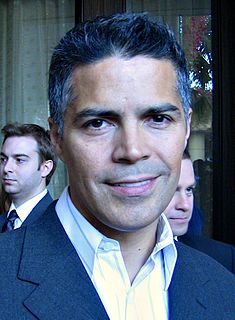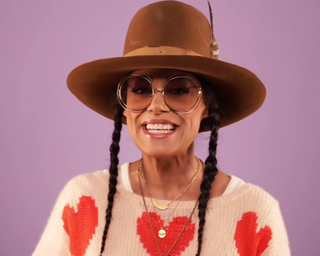A Quote by Alvin E. Roth
I gravitated to economics because I'm interested in how people coordinate and collaborate with each other. Economics studies all the ways people get along with each other.
Quote Topics
Related Quotes
Europe is difficult to coordinate, and our main deficit may not even lie in this area of finance and economics, but in foreign and security policy. We have a leadership problem because we are still 27 different members who have still not decided on how to work with each other based on what we used to call a European constitution.
It's an enormous opportunity to get a message out to people who may be less likely to read and listen to CDs - to people who would otherwise not be exposed to the most important teachings on the planet. These teachings are about how can we get along and survive as a people - how we can love each other, be kind and decent, serve each other, and be compassionate. Unfortunately, there aren't many messages like that in the popular culture.
One of the anomalies of modern ecology is the creation of two groups, each of which seems barely aware of the existence of the other. The one studies the human community, almost as if it were a separate entity, and calls its findings sociology, economics and history. The other studies the plant and animal community and comfortably relegates the hodge-podge of politics to the liberal arts. The inevitable fusion of these two lines of thought will, perhaps, constitute the outstanding advance of this century.
A community is the mental and spiritual condition of knowing that the place is shared, and that the people who share the place define and limit the possibilities of each other's lives. It is the knowledge that people have of each other, their concern for each other, their trust in each other, the freedom with which they come and go among themselves.




































